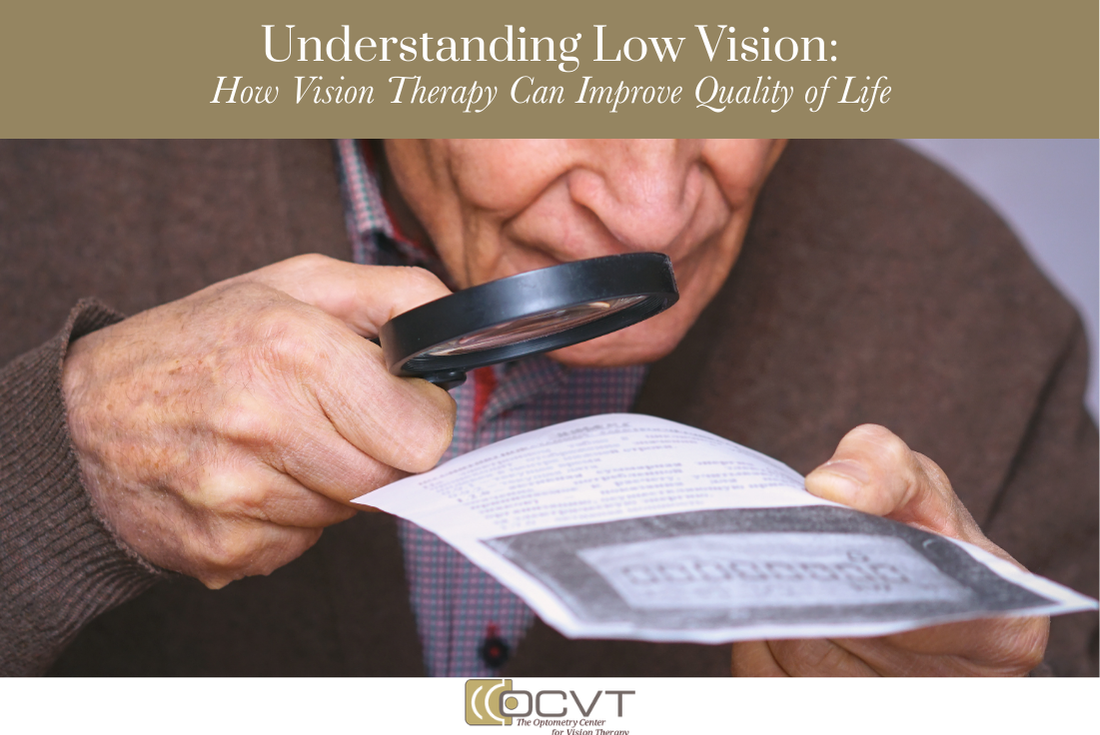Low vision is a term used to describe significant visual impairment that can’t be corrected with glasses, contacts, or surgery. It can affect people of all ages but is more common in older adults. While low vision can’t be fully restored, individuals can still lead independent and fulfilling lives with the right support and care.
Causes of Low Vision
Low vision can be the result of several eye conditions, including:
- Age-related macular degeneration (AMD)
- Glaucoma
- Diabetic retinopathy
- Retinitis pigmentosa
- Optic nerve damage
- Congenital eye disorders
These conditions can impair central vision, peripheral vision, contrast sensitivity, or visual acuity.
Signs You or a Loved One May Have Low Vision
- Difficulty reading, even with magnifying glasses
- Trouble recognizing faces
- Needing brighter light to see clearly
- Struggling with glare or light sensitivity
- Trouble navigating stairs or uneven surfaces
Low vision affects more than just eyesight—it can lead to frustration, loss of independence, and emotional distress.
OCVT’s Approach to Low Vision
At the Optometry Center for Vision Therapy, we offer individualized support to help patients with low vision make the most of their remaining sight.
Our approach includes:
- Visual skills training: Helping patients use their peripheral vision more effectively when central vision is impaired.
- Environmental modifications: Recommendations to improve safety and visibility at home, including contrast markings, better lighting, and decluttering.
- Assistive technology: We guide patients in using tools like magnifiers, text-to-speech devices, and large-print reading materials.
- Counseling and support: We understand the emotional toll of low vision and provide compassionate support to help patients cope.
Vision Therapy for Low Vision
Although therapy cannot restore lost vision, it can maximize functional abilities. Therapy can help:
- Improve visual scanning and eye-hand coordination
- Train the brain to rely on stronger areas of vision
- Enhance reading efficiency with tools and training
We work closely with each patient to understand their goals—whether it’s reading, cooking, walking safely, or enjoying hobbies again.
Helping You Thrive with Low Vision
Living with low vision doesn’t mean giving up your independence. With the right strategies, tools, and support, many of our patients regain confidence and enjoy a higher quality of life.
If you or someone you love is facing the challenges of low vision, contact OCVT. We’re here to help you navigate the path forward with care, expertise, and compassion.


